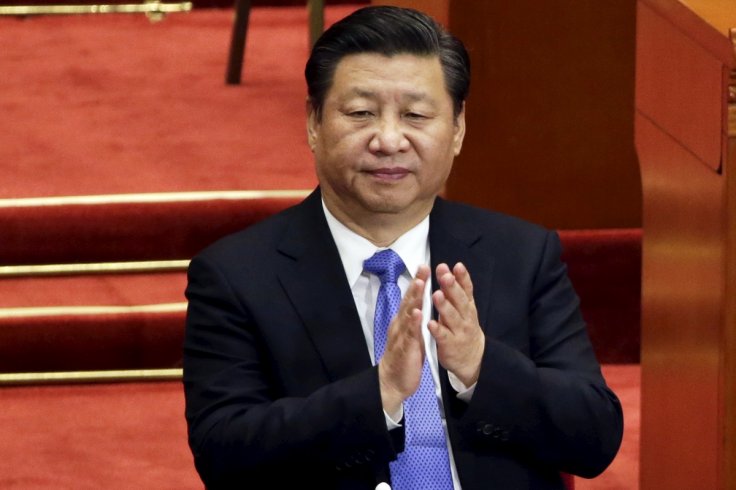
China's largely ceremonial parliament on Saturday re-elected Xi Jinping as the country's President and appointed his aide and once feared anti-graft body's chief Wang Qishan as Vice President.
The 64-year-old Xi's re-election was a mere formality as the National People's Congress - China's top legislature - on March 11 abolished from the Constitution the two-term limit for President and Vice President.
Even if the cap was not removed, Xi would have continued as this would have been his second term.
Xi, who became China's President in 2013, was also re-elected as the Chairman of China's Central Military Commission that controls the world's largest standing army.
Like Xi's re-election, Wang's appointment was no surprise as he enjoys the President's patronage.
Wang, 69, said to be Xi's most trusted aide, spearheaded an anti-graft campaign which made him China's most feared man.
The association between Xi and Wang goes back to Mao Zedong's Cultural Revolution when both were sent to a village in Shanxi province for hard labour.
While all 2,970 lawmakers voted in favour of Xi, only one voted against Wang's election.
Like the President, the post of the Vice President is largely ceremonial but Wang's election is his return to power politics.
Xi is more powerful as the General Secretary of the Communist Party of China than him being the President of the world's most populous country.
Last year, Wang exited from the Communist Party's seven-member Standing Committee as 68 is the retirement age in the body, which rules the country.
Despite being in a ceremonial post and not being in any of the powerful bodies of the ruling party, Wang will remain powerful.
Wang may well be called Xi's deputy and may get to handle China's turbulent ties with the US after Donald Trump's election as President. (IANS)









